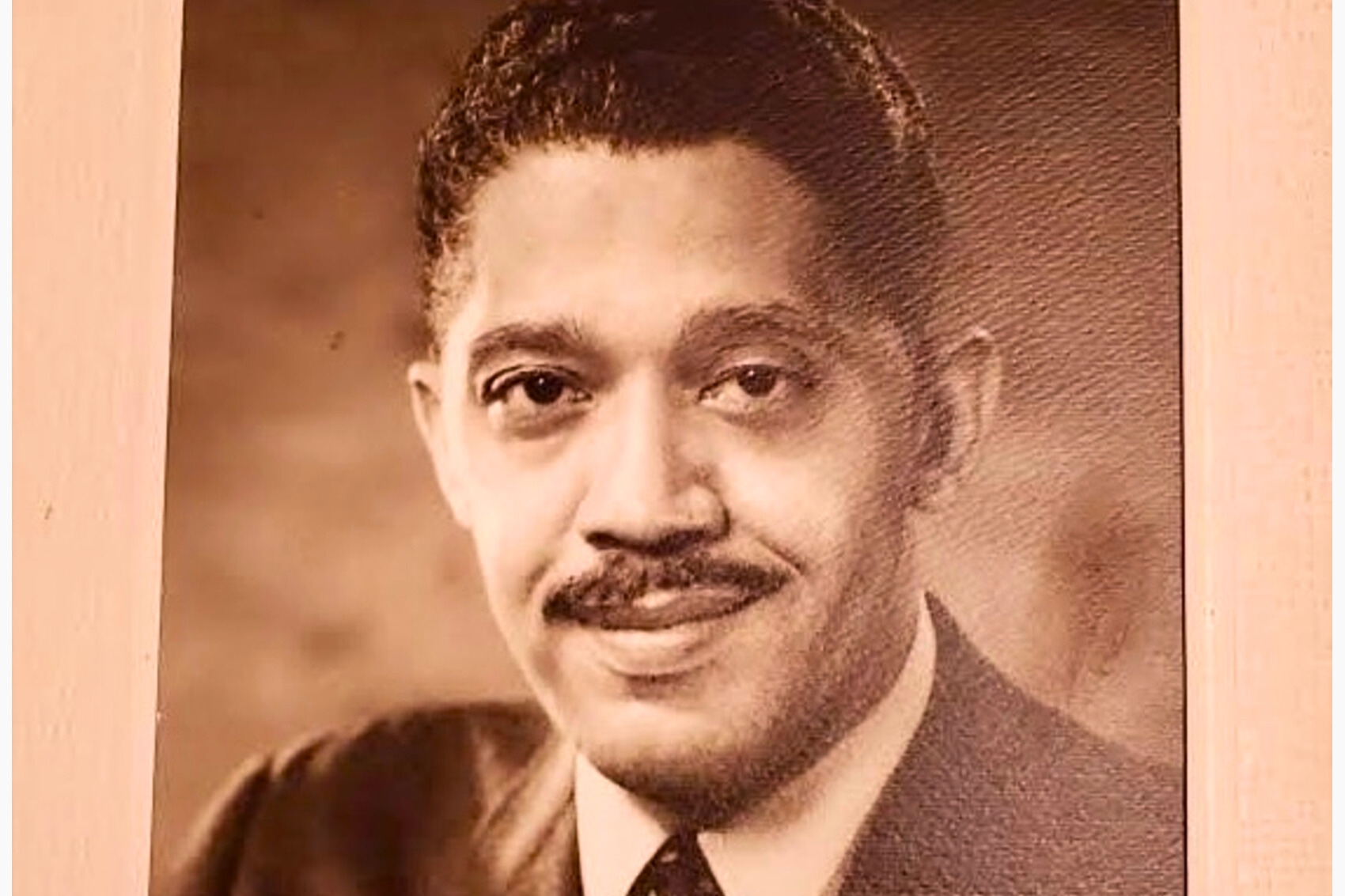
Colorado’s legal community has come together in a unique way to honor the life and legacy of Irving P. Andrews, a pioneering attorney who shattered societal barriers and used his career to fight for justice and equality.
An event on the University of Denver campus marked the naming of a new chapter of the Inns of Court, a professional association for lawyers, judges, and legal professionals at all levels, in Andrews’ honor. The Irving P. Andrews Inn of Court will focus on family, juvenile, and probate law, fields in which Andrews’ commitment to fairness and justice was ever-present.
Born on Oct. 12, 1925, in Denver, Irving Piper Andrews broke barriers throughout his life and career. He was the first African American graduate of both Colorado College and the University of Denver School of Law. Before entering law, Andrews served in the U.S. Navy.
His contributions to civil rights law were historic. Notably, Andrews, who died in 1998, was part of the legal team that successfully argued Brown v. Board of Education before the U.S. Supreme Court, the landmark case that ended racial segregation in American public schools.
Despite his successes, Andrews faced systemic discrimination, including operating his law practice from his home on York Street in Denver from the 1970s until he retired, because many office buildings refused to rent space to him because of his race.
Speakers at the naming ceremony event reflected on Andrews’ talent, perseverance, and passion for justice. Senior U.S. District Court Judge John Kane, who practiced alongside Andrews, emphasized the importance of understanding Andrews within the context of his times.
“Had he been born in a different era, Irving’s life and character would not have been the same,” Kane said. He recounted how Andrews’ mother encouraged him as a young boy to read after white children refused to play with him. This early love of reading would become a hallmark of Andrews’ intellectual prowess.
James M. Lyons, senior partner at Denver firm Lewis Roca Rothgerber Christie LLP, described Andrews as a lawyer whose intellect extended far beyond the courtroom.
“Not only was he well-read, but he remembered what he read,” Lyons said. “He could quote Shakespeare, Aristotle, or Thomas Aquinas, and he was always right. Irving pushed the walls of intellectual confinement in a way that few can.”
E. Michael Canges, a longtime colleague and fellow DU Law graduate, remembered Andrews as a magnet for aspiring lawyers.
“He was one of the best lawyers ever and one of the most decent human beings I’ve ever met,” Canges said. “In law school, half the class would skip lectures to watch him in court. He was a master of persuasion and analysis.”
Andrews’ son, Senior Denver County Court Judge Alfred Harrell, shared excerpts from his father’s reflections on his legal career and the fight for civil rights. In a 1952 editorial, Andrews wrote about the ongoing struggle for true freedom and equality in America.
“If freedom is to survive, it must be pursued with a dedication and sense of crisis not presently demonstrated,” Andrews wrote. “Our nation must call forth all its courage and determination and set a high and thrilling example to the world.”
Event organizers say the new Irving P. Andrews Inn of Court will serve as a lasting tribute to Andrews’ contributions to the American legal system and his commitment to upholding the values he championed throughout his life and career.
“Irving P. Andrews may have passed away in 1998, but he leaves behind a legacy of courage, intellect, and an unwavering commitment to justice,” said Katayoun Donnelly of the firm Azizpour Donnelly LLC. “The new Inn of Court bearing his name ensures that his influence will continue to inspire future generations of legal professionals.”









